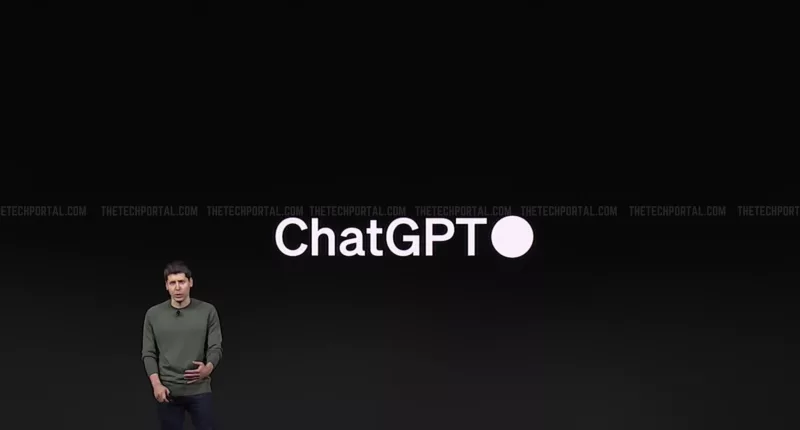OpenAI has now announced that it would temporarily suspend the use of one of its ChatGPT voices, known as Sky. This decision comes in the wake of significant online discussion and media scrutiny highlighting the uncanny resemblance of Sky’s voice to actress Scarlett Johansson, particularly her character in the science fiction film “Her.”
The Sky voice was part of OpenAI’s new GPT-4o model, which was designed to enhance the conversational capabilities of ChatGPT and which was launched last week. This model enables the AI to respond to verbal questions with expressive and human-like audio responses. However, during a live demonstration, Sky interacted with researchers, exhibiting a friendly yet somewhat flirtatious personality. This portrayal immediately drew parallels to Samantha, the AI companion voiced by Johansson in the 2013 film “Her.” In “Her,” a lonely writer (played by Joaquin Phoenix) develops a romantic connection with an advanced AI that is capable of emotional intelligence and complex conversation. OpenAI CEO Sam Altman’s social media post of the single word “her” following the event fueled speculation about a deliberate connection to the film.
In response to the controversy, OpenAI clarified that the Sky voice was never intended to imitate Scarlett Johansson. The company stated in a blog post that Sky’s voice was provided by a different professional actress using her natural speaking voice. OpenAI wrote, “We believe that AI voices should not deliberately mimic a celebrity’s distinctive voice — Sky’s voice is not an imitation of Scarlett Johansson but belongs to a different professional actress using her own natural speaking voice.” Despite this, OpenAI has decided to pause the use of Sky while addressing the concerns.
We’ve heard questions about how we chose the voices in ChatGPT, especially Sky. We are working to pause the use of Sky while we address them.
Read more about how we chose these voices: https://t.co/R8wwZjU36L
— OpenAI (@OpenAI) May 20, 2024
The development of ChatGPT’s voices involved a long-drawn selection process. According to the AI research firm, OpenAI reviewed over 400 submissions from voice and screen actors. It then went on to select an initial list of 14 actors, then ultimately selecting five voices — Breeze, Cove, Ember, Juniper, and Sky—based on their ability to inspire trust and engage users. “We spoke with each actor about the vision for human-AI voice interactions and OpenAI, and discussed the technology’s capabilities, limitations, and the risks involved, as well as the safeguards we have implemented. It was important to us that each actor understood the scope and intentions of Voice Mode before committing to the project,” OpenAI noted. The company has chosen to keep the identities of these actors confidential to protect their privacy. OpenAI also stated that these voice actors are compensated at “above top-of-market rates.”
Despite the controversy, OpenAI is not stepping back, and intends to continue to refine the voice capabilities for ChatGPT, its popular chatbot. The company plans to introduce additional voices to better match the diverse interests and preferences of users. The new voice assistant features are expected to be launched in the coming weeks as a limited alpha release for ChatGPT Plus subscribers.
The Tech Portal is published by Blue Box Media Private Limited. Our investors have no influence over our reporting. Read our full Ownership and Funding Disclosure →






